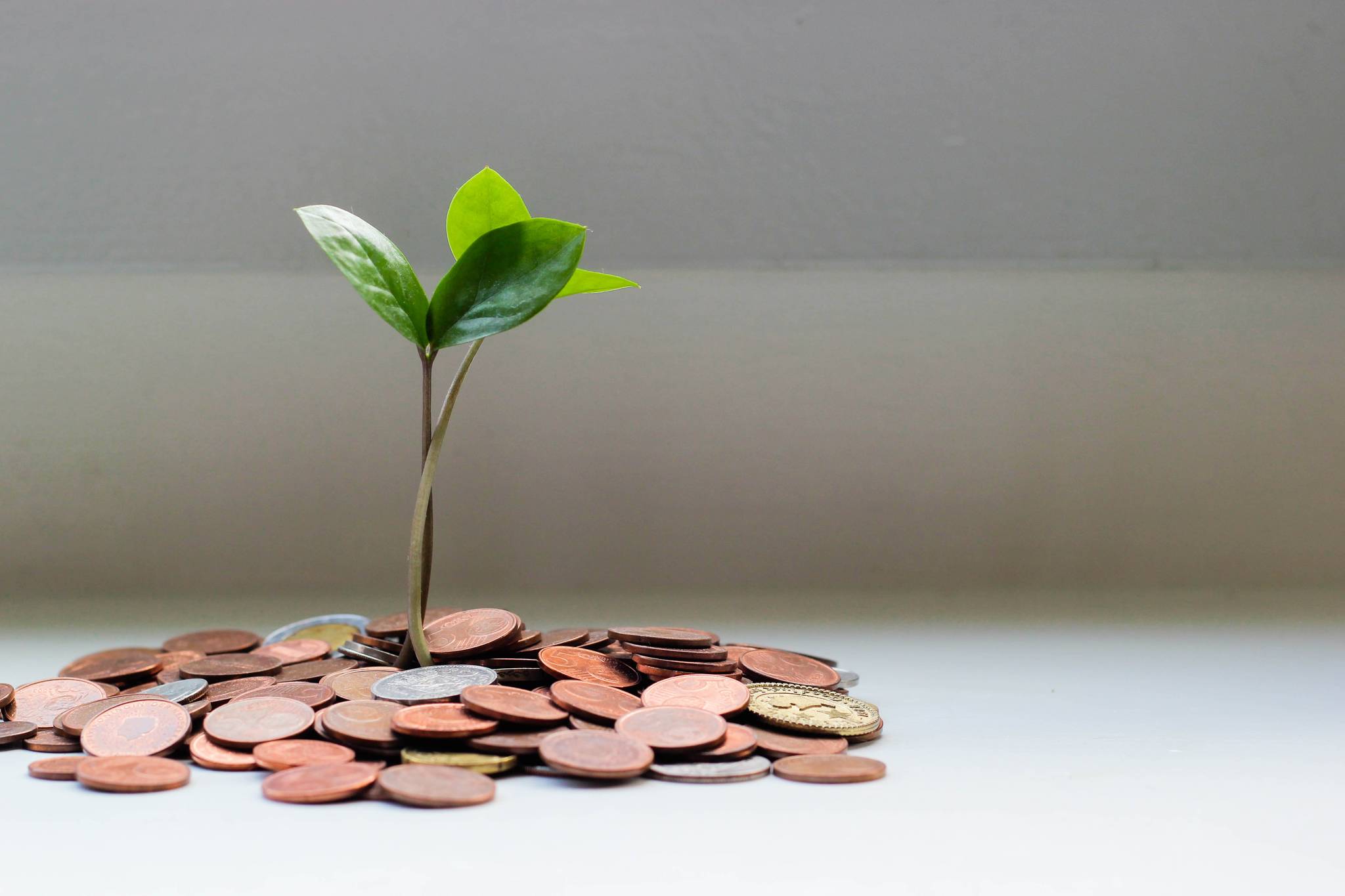The American people “have suffered enough,” President Donald Trump tweeted twice on Tuesday when he called on Congress to increase COVID relief payments from $600 to $2,000. The upper figure is approximately the same as the “economic recovery payment” that Gov. Mike Dunleavy proposed for “Alaskans that are suffering.”
Both are wasteful handouts. Neither government has money in the bank to cover such unnecessary expenses. And the expressed compassion for those who have been financially devastated by the pandemic is a smokescreen.
Before I go further, allow me to clarify that last accusation. Whereas Trump’s concern is totally disingenuous, I do believe Dunleavy cares about the hardship many Alaskans have endured. My issue with his proposal is spending $1.9 billion to pay Alaskans “the remaining portion of the 2020 PFD.” It’s nothing more than a repackaged effort to chop up state government.
Regarding the federal aid, Catherine Rampell clearly explains how that idea fails to deliver. “Simply put, sending money to nearly every American family to ensure that help gets to the much tinier fraction who actually need it is not a terribly efficient use of resources” she wrote in the Washington Post. “The payments end up being a pittance for higher-income, fully employed households, yet insufficient for the households that suffered large income losses.”
That’s the reason such payments weren’t included in the bill proposed earlier by the bipartisan group of senators that included Sen. Lisa Murkowski. The emergency aid they envisioned focused on the unemployed, people facing evictions and the kind of small businesses that were able to keep their doors from closing forever thanks to the Paycheck Protection Program which expired in August.
[Opinion: We should be proud of Murkowski filling the leadership void]
But whether it’s the $600 per person in the bill Trump signed, or the $2,000 he’s now demanding, at least Congress ensured none of it would go to people and couples with annual incomes over $99,000 and $198,000 respectively.
Dunleavy would give his so-called aid to every Alaskan, including those with incomes well above those levels and the estimated 22,000 millionaires living here. He wants “immediate action by the Legislature placing money into the people’s hands by March” whether they need or not.
There’s only one benefit to using the PFD. The Legislature could appropriate it quickly without a lot of new bureaucratic processes and expenses.
But to understand what the real game plan is, consider that if money was pouring into Alaska’s treasury as it has in the past, the idea of a one-time, targeted relief program wouldn’t be such a hard pill to swallow. In our current fiscal climate though, a lot of Alaskans, especially the Republican base, would balk at increasing state spending to help people in need of assistance.
However, use the PFD to distribute it, and even if the total cost is much greater, almost everyone wants their share. Because as Dunleavy and so many Alaskans argue, the Permanent Fund “ultimately belongs to the people.”
While that’s essentially true, the reason was to limit the legislature’s ability to spend it unwisely. And in some circles today, including Dunleavy’s, unwise expenditures have been expanded to include a significant amount of funding for state agencies that they believe need to be drastically reduced in size.
Unless government it is getting bigger though, using part of the earnings from the Permanent Fund to pay for state services is consistent with the objectives established by its founders. And what Dunleavy wants is to repurpose the restraint on growth concept to remove the limits on how much he can shrink government.
Now he’s using that plan under the guise of helping Alaskans and Alaskan businesses that have been hurt financially by COVID’s disruption to the state’s economy.
Unlike the outgoing president though, Dunleavy’s political game has been consistent. And he’s been very engaged in responding to the pandemic.
Trump’s disguise is easier to unmask. If he really believed $2,000 was the right of amount of aid most Americans needed, he should have spoken up long before Christmas. But since the election, the defensive reaction of his immature ego is the only suffering he’s cared about.
Simply put, Trump was a complete failure in all things related to COVID-19. Dunleavy, on the hand, is just trying another angle to enact lousy fiscal policy.
• Rich Moniak is a Juneau resident and retired civil engineer with more than 25 years of experience working in the public sector. Columns, My Turns and Letters to the Editor represent the view of the author, not the view of the Juneau Empire. Have something to say? Here’s how to submit a letter to the editor or My Turn.

